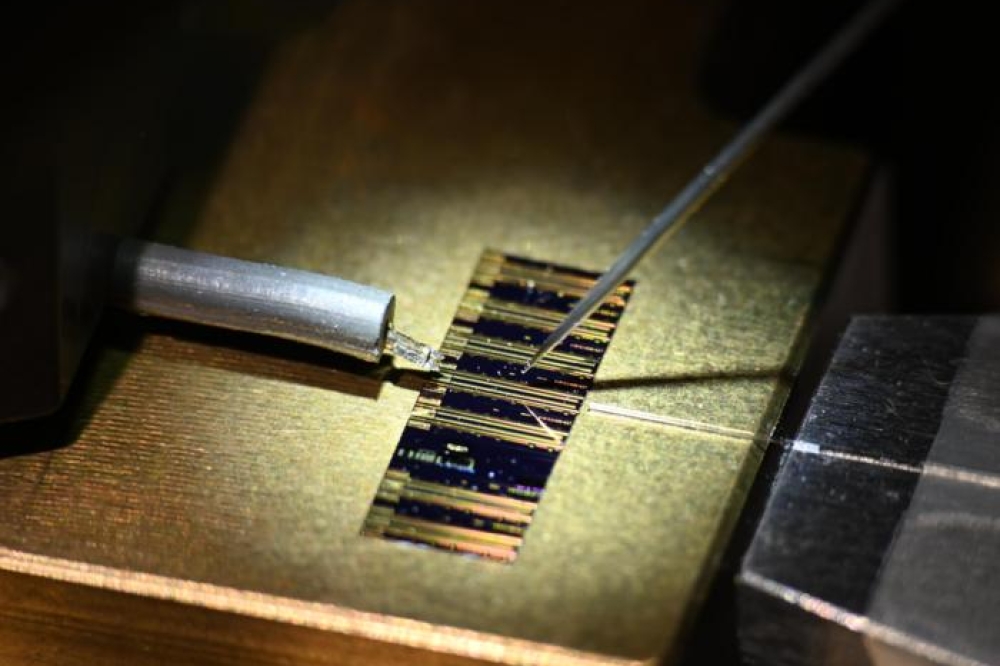News Article
Steed Aquires ATSI
The pollution control equipment developer has expanded its portfolio by offering complete gas abatement solutions for the semiconductor, LED and solar industries.
Steed Technology, a provider of thermal processing equipment for the semiconductor, LED and solar industry has acquired all of the outstanding stock of Applied Technology Specialists, Inc. (ATSI).
ATSI develops advanced pollution control equipment and technology to render safe Volatile Organic Compounds (VOCs) and toxic exhaust gases found in high tech industries.
Both companies will share the Steed name and manufacturing of all products will remain in Northern California. Research and development of new products and technologies will remain in Oklahoma. Sales channels will be expanded to accommodate existing and new customer and focus on regions with new air quality restrictions.
Steed will now acquire the ATSI EcoGuard line of "Point of Use" (PoU) gas abatement / scrubber and pollution control equipment. Both firms are currently working to combine their technologies to work in unison.
Customers of Steed and ATSI will soon be able to purchase diffusion/LPCVD process and abatement equipment as a totally integrated system with onboard environmental control features developed by ATSI. Customers of both companies can count on receiving the service and support they have received in the past.
With new increasingly strict environmental regulations such as the "Greenhouse" law (AB32), many companies in the Semiconductor, LED, Solar and other industries are closely examining ways to increase the effectiveness and efficiency of their current abatement systems. Environmental control will play a major role with manufacturing companies in the years ahead.
To offer products that help companies meet such strict requirements, Steed will employ Green consulting and solutions services to help companies dramatically reduce emissions of gasses such as Perfluorocarbons (PFC's), Oxides of Nitrogen (NOx), and Carbon dioxide (CO2), to levels that comply with local and federal laws, while reducing consumption of utilities such as fuel and water.
Existing abatement solutions aim to scrub then dispose of hazardous by-products created during the production of LCD, Semiconductor and Solar products. With increasing regulations, and the high cost associated with utilities such as power and water the common "wet scrubbers" and "chemical adsorption" methods utilized by such technologies have become inefficient.
Steed's EcoGuard products destroy and eliminate hazardous by-products, rather than capture the by-products for costly, hazardous waste disposal. Steed’s abatement product line also offers a low-operating-cost solution for process and abatement savings through an innovation known as the "On-Demand" Control Program. Using sensor-driven process signals, operators can control the type of abatement required for the particular gas and only use what is necessary to abate and emit clean air to the environment.
"This is certainly a win-win for both Steed and ATSI, and even more so for our existing and prospective customers," said Gerry Catalano, President and CEO of Steed Technology. "These companies face steep and complex challenges when working with separate vendors and technologies while trying to piece together environmentally responsible solutions to the toxic and harmful exhaust created in their manufacturing process. High tech companies will face tougher standards in the future and will need advanced abatement equipment to be in compliance."
"ATSI is very excited about this merger. The technology we have developed for the EcoGuard product line provides our customers with extremely reliable and efficient exhaust gas treatment solutions that conform to regulatory limits," said Earl Vickery, CTO of Steed Technology.
"EcoGuard products set themselves apart from existing technologies in many ways, including the fact that they do not a require a bypass line, because they are specifically designed to prevent by-product solids from building-up within the abatement system. Existing brands require a bypass and may still clog over time, regardless of preventive maintenance," he concluded.































